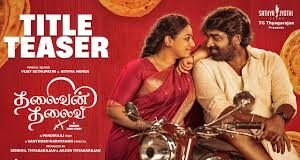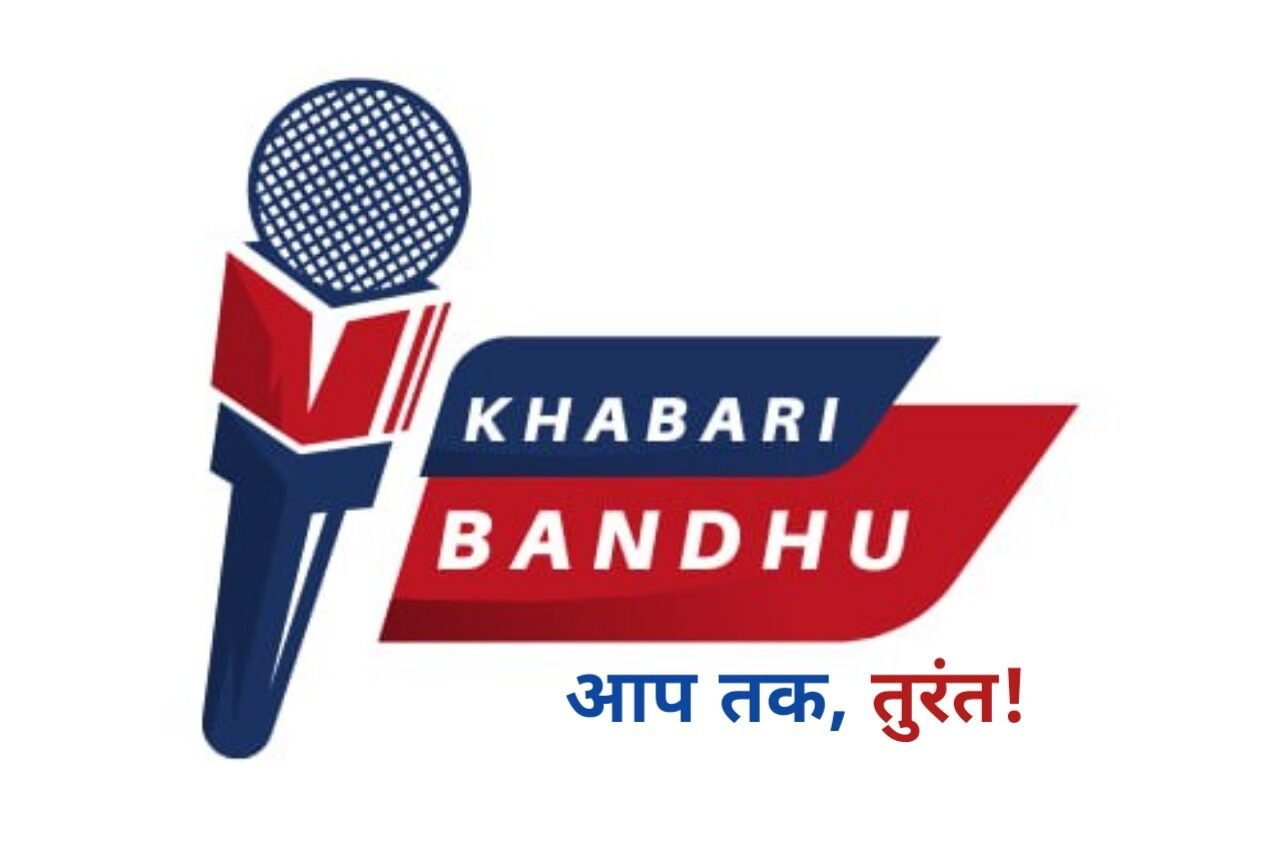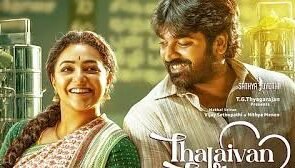The film “Thalaivan Thalaivi”, a Tamil political drama, is a cinematic attempt to delve into the intertwined destinies of two iconic political figures. With a storyline echoing real-life inspirations, the film presents a compelling tale of leadership, ambition, sacrifice, and the ever-complex power dynamics between a charismatic leader and his devoted protégé. Directed with grandeur and intensity, Thalaivan Thalaivi is not just a film—it’s a reflection of legacy, rivalry, and the burden of political inheritance.

Summary:
The story follows Arunmozhi (Thalaivan), a towering political figure revered by the masses, and Vasanthi (Thalaivi), a once-glamorous actress who transforms into a fierce political contender under his mentorship. Their journey starts with admiration and mutual respect but takes a dark turn as egos clash, betrayals emerge, and political interests overtake personal bonds. Arunmozhi, seen as a shrewd strategist with old-school values, grooms Vasanthi to continue his legacy. But as she gains popularity, internal politics and external manipulations force the two into a power struggle.
The narrative is deeply layered, showcasing the transition of Vasanthi from a loyal disciple to a determined leader in her own right, capable of challenging the very man who shaped her career. Their evolution from allies to rivals forms the emotional and political core of the film.
Performances:
Arvind Swamy (as Arunmozhi) delivers a towering performance. His calm demeanor, powerful screen presence, and subtle expressions capture the essence of a seasoned political patriarch. Swamy balances charm and authority with remarkable ease, making the character believable and impactful.
Keerthy Suresh, portraying Vasanthi, gives a career-defining performance. Her transformation—from a vulnerable actress thrust into the chaotic world of politics to a commanding leader who learns to fight battles with both words and strategy—is portrayed with intensity and depth. Her emotional scenes with Swamy are some of the film’s finest, filled with raw tension and unspoken emotions.
The supporting cast—featuring actors like Prakash Raj, Radhika Sarathkumar, and Pasupathy—brings authenticity to the film’s political backdrop. Each character, whether a party member, media representative, or family figure, adds texture to the storyline.
Direction and Screenplay:
The film is directed by K. Raghavan, who skillfully blends history with fiction. The screenplay is sharp, engaging, and filled with dramatic moments. The film does not glorify or vilify its protagonists; instead, it presents them as flawed, passionate individuals caught in a web of ambition and public expectation.
One of the strongest aspects of the direction is the way Raghavan handles the moral ambiguity of power. Neither Thalaivan nor Thalaivi is completely right or wrong. They are products of their environments and shaped by the people around them. This layered characterisation makes the film feel more real and less like a typical hero-villain narrative.
Cinematography and Music:
Ravi Varman’s cinematography elevates the film’s visual appeal. The transitions between vintage flashbacks and modern political rallies are smooth and aesthetically rich. From political rallies to intimate discussions in party rooms, every scene is lit and framed with purpose.
Music by A.R. Rahman adds depth and gravitas to the story. The background score swells at the right moments, especially during key confrontations and public speeches. The songs are not just melodic but also meaningful, reflecting the inner turmoil of the characters.
Themes and Symbolism:
Thalaivan Thalaivi is not merely about politics—it’s a commentary on gender dynamics, loyalty vs. ambition, and the price of leadership. The film boldly questions the notion of inherited leadership and asks whether devotion should mean surrendering one’s identity.
The title itself—“Thalaivan Thalaivi”—hints at duality and parity. While the world often pits them against each other, the film suggests that both figures are essential and inseparable in shaping a political movement. Their clash is not just personal but symbolic of tradition vs. change.
There’s also a subtle feminist undertone, especially in how Vasanthi reclaims her agency in a male-dominated party. Her assertiveness is often met with resistance, but she persists, showing the grit required for a woman to rise in such environments.
Criticism and Flaws:
While the film is largely well-paced, the second half lingers a bit too long on political manoeuvrings, slowing down the emotional momentum. Certain characters, like the media advisor or party rebel, could have been fleshed out more to add dimension to the political narrative.
Also, for viewers not familiar with the real-life parallels (which the film subtly alludes to but never openly declares), some parts may seem vague or underexplained.
Thalaivan Thalaivi is an ambitious, emotionally rich, and politically charged film that attempts to balance truth and fiction with sincerity. It is a rare political drama that neither sensationalizes nor sermonizes. Instead, it invites the audience into a world where power is personal, and leadership comes at a cost.
With stellar performances, a thought-provoking script, and grand visuals, this film stands out as a must-watch for those who enjoy political dramas with heart and substance.
Rating: 4/5
ऐसे और भी Entertainment टॉपिक के ऊपर लेखों के लिए हमारे साथ जुड़े रहें! Khabari bandhu पर पढ़ें देश-दुनिया की ताज़ा ख़बरें — बिज़नेस, एजुकेशन, मनोरंजन, धर्म, क्रिकेट, राशिफल और भी बहुत कुछ।
WAR 2 रिलीज डेट: ऋतिक और जूनियर एनटीआर की टक्कर के लिए तैयार हो जाइए!


1 thought on “Thalaivan Thalaivi Review – A Political Saga of Power, Passion, and Betrayal”